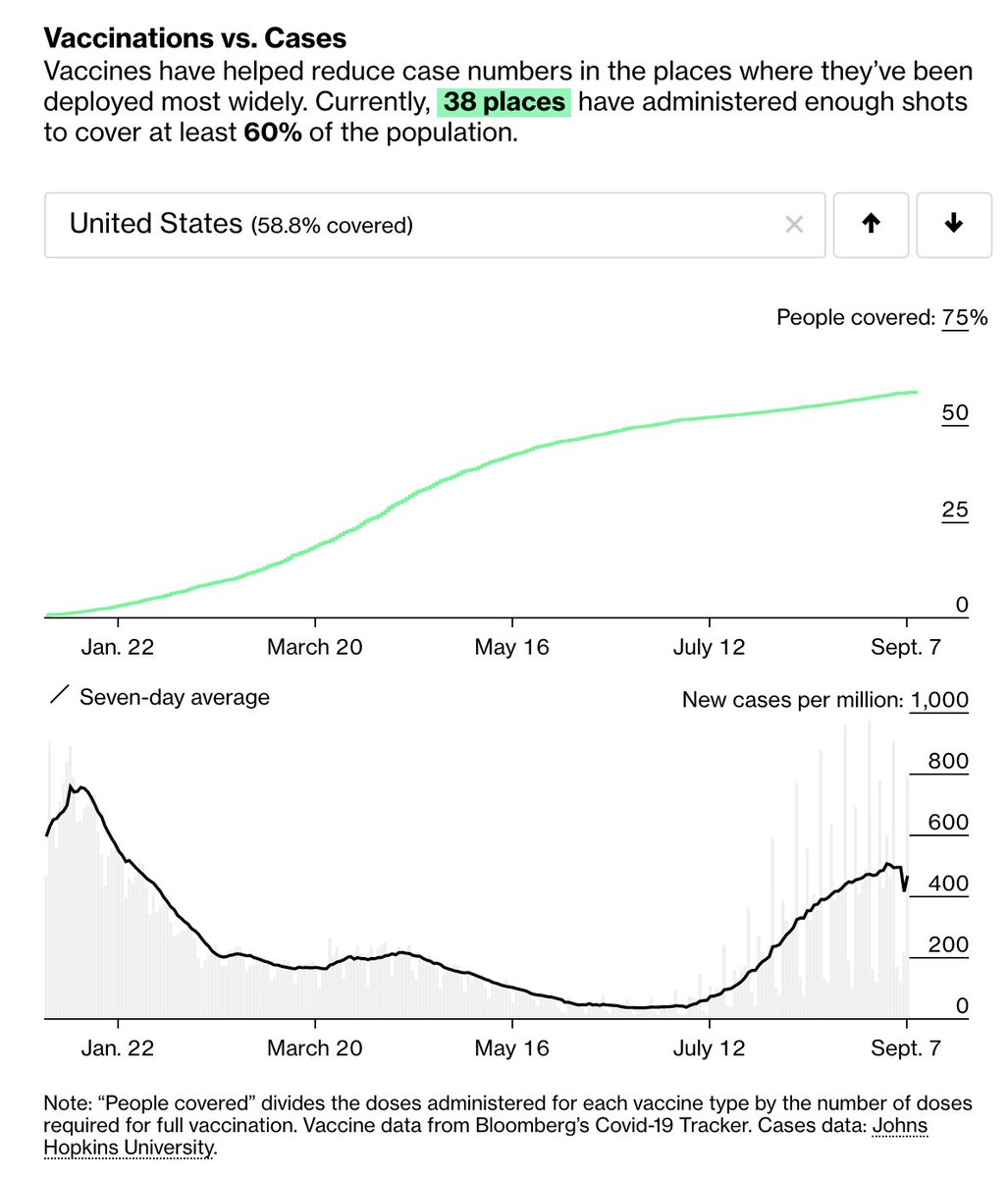
A few lists to help you organize your feed:
I find lists enormously helpful when using Twitter --instead of trying to drink from the firehose, dipping into a curated list makes the onslaught manageable.
1/
I find lists enormously helpful when using Twitter --instead of trying to drink from the firehose, dipping into a curated list makes the onslaught manageable.
1/
When I am interested in a narrow specific topic, I try to assemble the leading thinkers in a space that allows me to dive in when I want to.
This list of Behavioral Finance experts is a great example:
twitter.com/i/lists/132270…
2/
This list of Behavioral Finance experts is a great example:
twitter.com/i/lists/132270…
2/
I made a broader list covering Science, Technology, and Venture Capitalists.
I asked followers for more names and got some great suggestions!
twitter.com/i/lists/132273…
3/
I asked followers for more names and got some great suggestions!
twitter.com/i/lists/132273…
3/
Crypto is now $3 trillion in assets, I thought I would expand that into a complete list of 100+ related accounts
If I have missed any important follows in #Blockchain #NFT #cryptocurrecy or any of your favorites, please let me know!
twitter.com/i/lists/145768…
/END
If I have missed any important follows in #Blockchain #NFT #cryptocurrecy or any of your favorites, please let me know!
twitter.com/i/lists/145768…
/END
• • •
Missing some Tweet in this thread? You can try to
force a refresh














